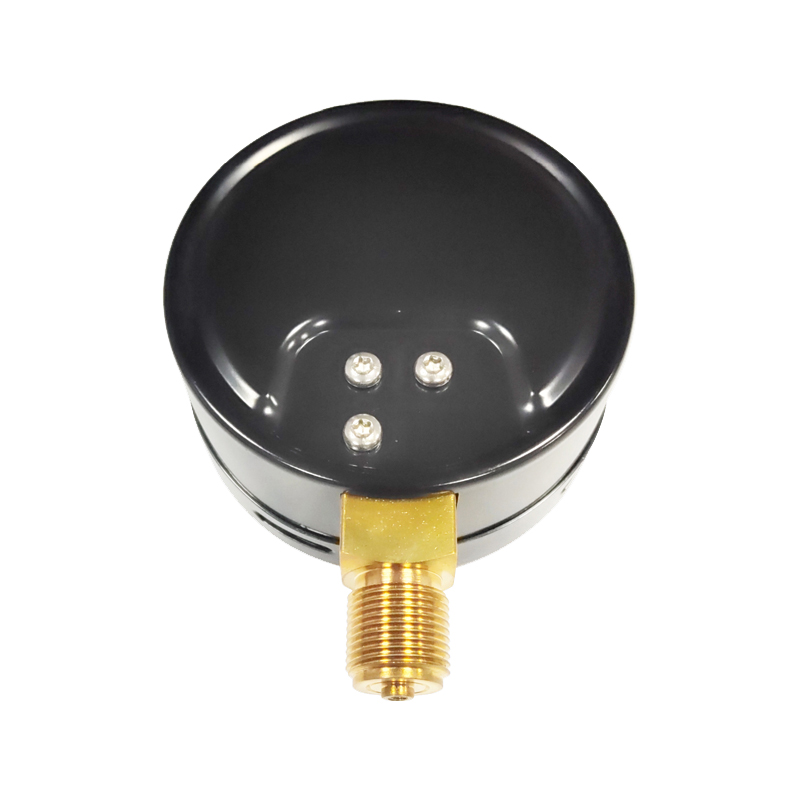
Juil . 31, 2024 23:45 Back to list
Optimizing Static Pressure Levels for Enhanced Accuracy in Differential Pressure Gauges
Understanding the Best Static Pressure for Differential Pressure Gauges
Differential pressure gauges are essential instruments used in a variety of industrial applications to measure the pressure difference between two points in a system. These devices are vital for monitoring processes in HVAC systems, filtration, liquid flow, and many other applications where pressure balance is crucial. One of the critical factors influencing the performance of a differential pressure gauge is the static pressure it operates under. Understanding the best static pressure for differential pressure gauges can enhance their accuracy and longevity, ultimately improving system reliability.
Static pressure refers to the pressure exerted by a fluid at rest within a system, in contrast to dynamic pressure, which reflects the motion of the fluid. For differential pressure gauges, the static pressure in the measuring points significantly impacts the accuracy of the readings. When selecting a differential pressure gauge, it is essential to consider the static pressure range it is designed to handle. Operating outside of this range can lead to erroneous readings, sensor damage, or reduced gauge life.
The best static pressure for differential pressure gauges generally relates to the application and the specific conditions in which they will be used. Common practice dictates that gauges should be calibrated and rated for the maximum expected static pressure they will encounter during operation. This ensures that the device performs accurately and consistently, maintaining reliability throughout its operational lifespan.
In most applications, a differential pressure gauge should be able to handle static pressures that match or exceed the maximum process conditions. For instance, in HVAC systems, where static pressures can vary significantly, selecting a gauge with appropriate ratings is critical. A gauge designed for low static pressures in a high static pressure application may fail to provide accurate differential measurements. Additionally, excessive static pressure can lead to issues such as reduced sensitivity and measurement drift, which can compromise the system's overall efficiency.
best static pressure for differential pressure gauge

Another essential consideration is the material of the differential pressure gauge and how it reacts to static pressures. Different materials offer various resistance levels to corrosion, temperature changes, and pressure fluctuations. Selecting a gauge made from materials suitable for the process media and the expected static pressure is crucial for maintaining accuracy and durability.
Moreover, installation techniques play a vital role in ensuring that the differential pressure gauge functions within the best static pressure range. Incorrect installation can lead to disturbances in pressure readings due to factors like improper alignment or obstructed measurement points. Therefore, following the manufacturer’s guidelines for installation can maximize the gauge's performance.
In applications that involve fluctuating static pressures, it may be beneficial to deploy devices equipped with electronic sensors or adjustable features that can compensate for changes in static pressure. Advanced technology in pressure measurement allows for better adaptation to dynamic operational environments, improving the overall effectiveness of the differential pressure gauge.
In conclusion, determining the best static pressure for differential pressure gauges involves understanding the specific needs of the application and selecting appropriate gauges that can handle the expected operating conditions. By considering factors such as gauge rating, material compatibility, installation practices, and potential technology enhancements, users can ensure optimal performance and reliability of their differential pressure measurement systems. Proper attention to static pressure considerations not only improves accuracy but also extends the lifespan of these crucial instruments, resulting in better process control and efficiency across various industries.
-
High-Precision 5 Valve Manifold Differential Pressure Gauge Suppliers
NewsApr.29,2025
-
High-Precision Diaphragm Vacuum Pressure Gauges Manufacturers & Quotes
NewsApr.29,2025
-
Omega Differential Pressure Gauges High Accuracy & Durability
NewsApr.28,2025
-
Low Pressure Differential Pressure Gauges Precision Solutions & Quotes
NewsApr.28,2025
-
Digital Diaphragm Pressure Gaauge Precision Measurement & OEM Quotes
NewsApr.28,2025
-
Differential Pressure Gauge China Price High-Accuracy & Best Quotes
NewsApr.28,2025
